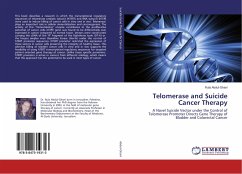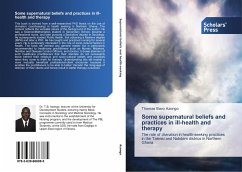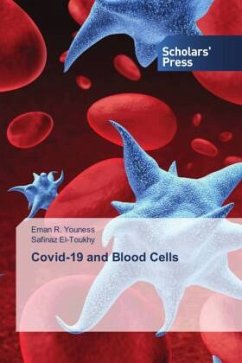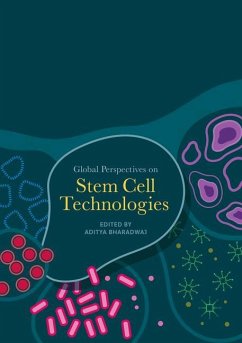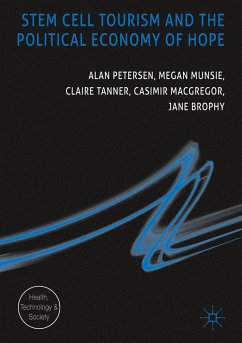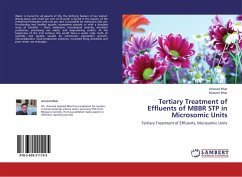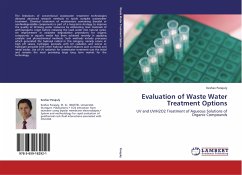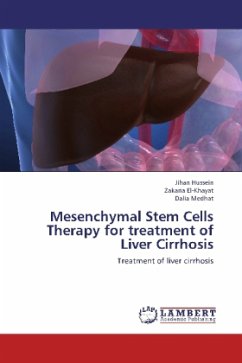
Mesenchymal Stem Cells Therapy for treatment of Liver Cirrhosis
Treatment of liver cirrhosis
Versandkostenfrei!
Versandfertig in 6-10 Tagen
45,99 €
inkl. MwSt.

PAYBACK Punkte
23 °P sammeln!
Hepatic cirrhosis is the end stage of chronic liver disease, the majority of patients with cirrhosis die from life threatening complications. Recently, Mesenchymal stem cells show ability to differentiate into hepatocytes, stimulate the regeneration of endogenous parenchymal cells and enhance fibrous matrix degradation. Thus, this study aimed to evaluate the possible therapeutic effect of mesenchymal stem cells in thioacetamide (TAA) induced liver cirrhosis in rats. Animal model of liver cirrhosis was induced by intraperitoneal injection of thioacetamide.Ten albino rats weighting 100-120 g wer...
Hepatic cirrhosis is the end stage of chronic liver disease, the majority of patients with cirrhosis die from life threatening complications. Recently, Mesenchymal stem cells show ability to differentiate into hepatocytes, stimulate the regeneration of endogenous parenchymal cells and enhance fibrous matrix degradation. Thus, this study aimed to evaluate the possible therapeutic effect of mesenchymal stem cells in thioacetamide (TAA) induced liver cirrhosis in rats. Animal model of liver cirrhosis was induced by intraperitoneal injection of thioacetamide.Ten albino rats weighting 100-120 g were used for isolation of bone marrow derived mesenchymal stem cells(BM-MSCs) and thirty-five healthy albino rats weighting 150-200 g were divided into three groups; control, cirrhotic and treated groups. After the experimental period, blood samples and liver tissue were collected for determination of biochemical parameters. Results showed that administration of BM-MSCs improved liver functions and reduced hydroxyproline content.



